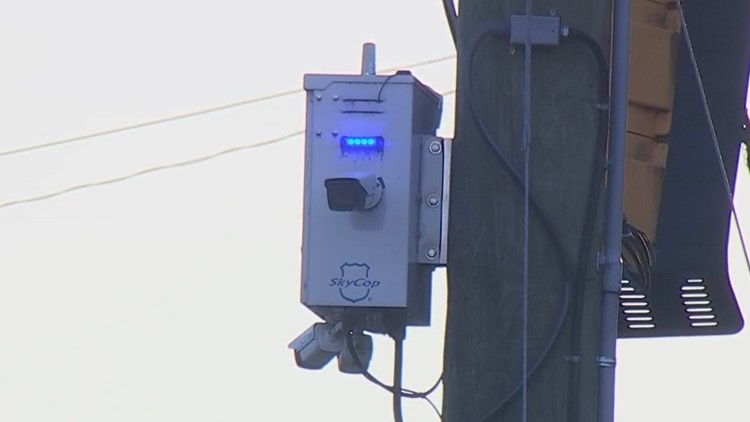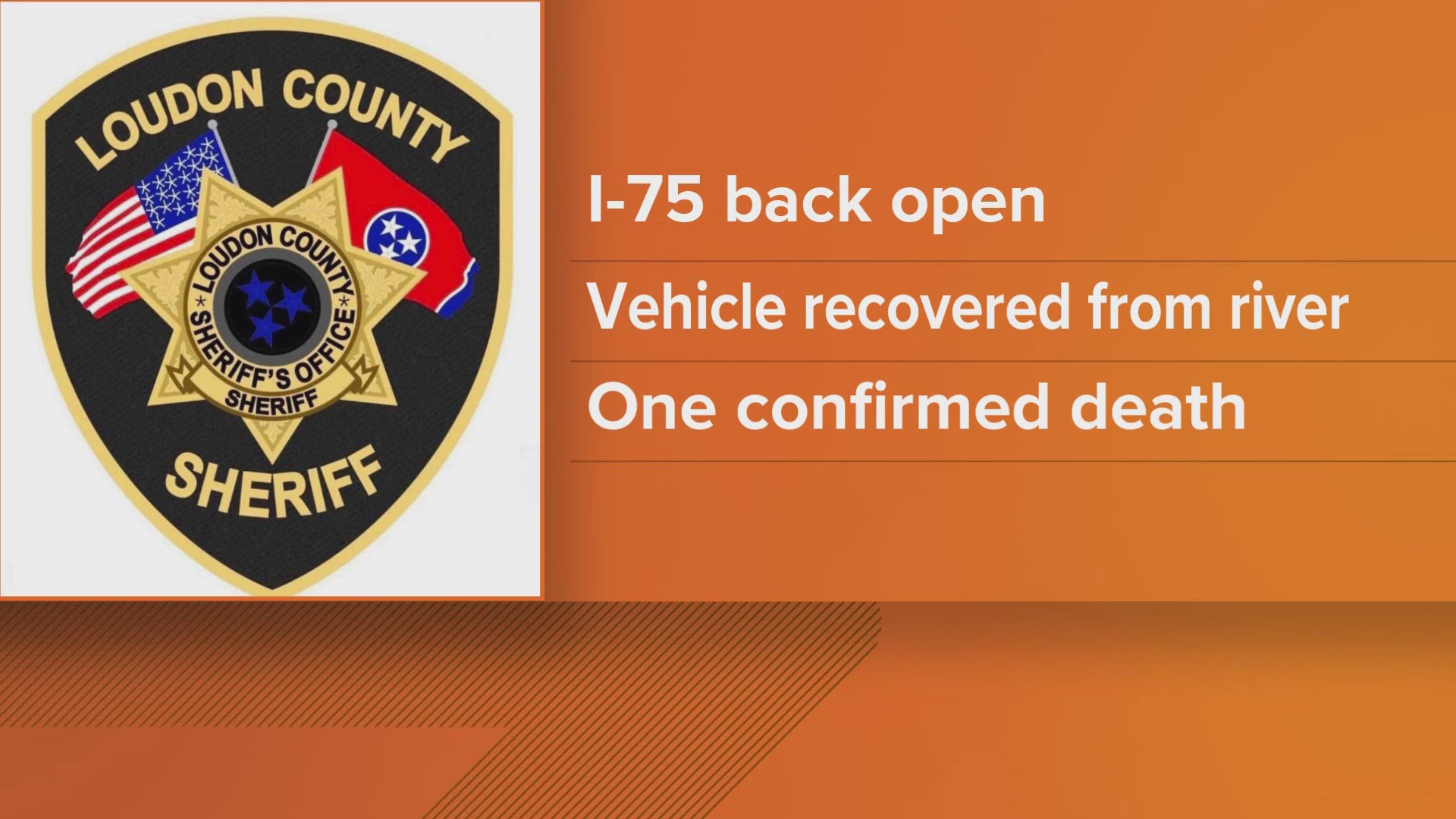NASHVILLE, Tenn. — In a late Tuesday night vote, the Metro Council in Nashville approved the use of license plate readers in Nashville, 22-14.
A 6-month pilot program is now beginning in Nashville. License plate readers capture images of every license plate and vehicle that passes by them. Law enforcement then compares those plate numbers against stolen vehicles, missing persons, and more. It all goes into a database, and local law enforcement gets flagged for a match.
"This is not about gathering data about people," said one attendee during the meeting. "This is about knowing that someone has committed a felony crime and being able to find them before they do more damage."
It is an issue they have been debating for more than a year now. Another concerned citizen said that the license plate readers could be used to target communities of color.
"This is life and death for many communities of color. This is not just a 6-month pilot. This is their life, and we cannot afford to play with it."
Several advocacy groups voiced objections to the license plate readers including the Nashville NAACP, Walk Bike Nashville, and the ACLU.
More than 80 agencies in Tennessee already use license plate readers, such as Belle Meade Police. Belle Meade Police said they credit the license plate readers for lowering crime and increasing arrests.
Police Chief Chuck Williams said that between 2015 and 2017, they had just one arrest involving stolen property. From 2018 when the program started to 2020, that number increased to 41.
"I worked out here for 10 years on Harding Pike and never had a stolen vehicle," Williams said. "Once we got that system put in, all of a sudden, we are getting them once a week. It is incredible how many stolen vehicles were going by here, and we had no idea."
Williams said the technology has also helped locate several missing people and juveniles since its installation. However, opponents of this technology are concerned about privacy issues and people possibly being tracked.
Speakers brought up these issues in Tuesday night's meeting. Some council members have also cited concerns over data sharing and if ICE could subpoena that data to arrest undocumented immigrants.



